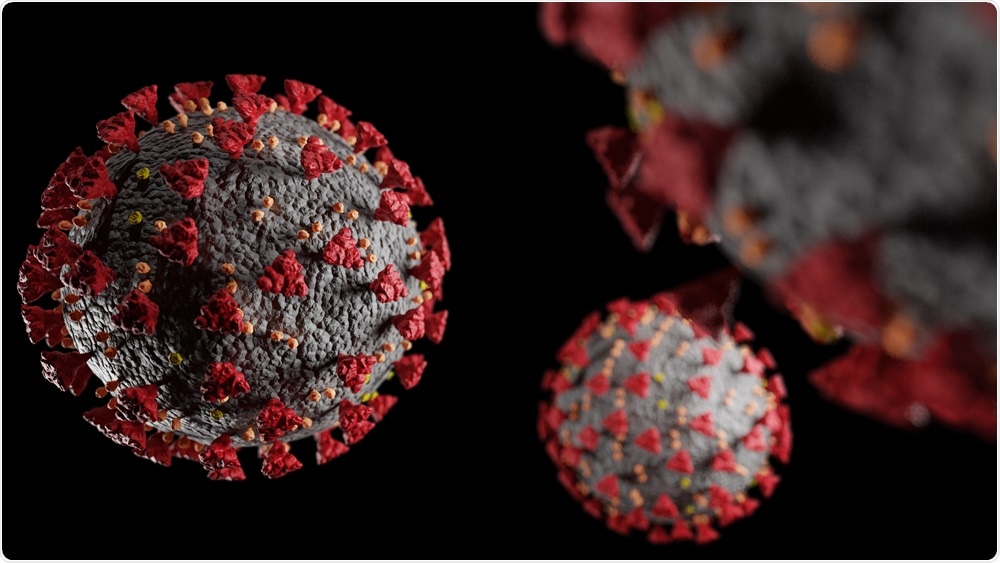The test will overcome the limitations of the current antibody tests and will offer a cheap and accessible testing method that will help low and middle-income countries administer wider antibody testing.
Overcoming limitations of current antibody tests
Current antibody testing for COVID-19 relies on skilled phlebotomists to take samples of patients’ venous blood. The downside of this is that it puts healthcare professionals at risk by potentially putting them close to a person infected with the virus. It also puts patients at risk by requiring them to visit a hospital or clinic in person. The method is also unsuitable for testing on a large-scale basis and is difficult for low-middle income countries to afford.
A British research team aimed to overcome the limitations of current COVID-19 antibody tests to offer an affordable, scalable, safe, and effective alternative. Dried blood spot tests are commonly used to test or the presence of antibodies to HIV, Hepatitis B, and Hepatitis C. They are advantageous as they can be completed by the patient and posted for further analysis.
The team at Birmingham University have successfully developed the first antibody test for COVID-19 that uses dried blood rather than venous blood. With this test, patients can collect capillary blood using a finger stick that pricks a small hole in the skin. The dried sample is then mailed to a clinical center for analysis.
98.1% sensitivity and 100% specificity achieved
The efficacy of the test was determined by rigorous testing carried out on blood samples of 80 healthy volunteers and 31 individuals who had tested positive for SARS-CoV-2 antibodies before the study. Researchers collected both venous blood samples and dried blood spots from both groups and analyzed them.
The dry blood spot samples were analyzed using an enzyme-linked immunosorbent assay to detect the presence of antibodies to the SARS-CoV-2 spike protein. The venous blood was analyzed by PCR testing to identify SARS-CoV-2 antibodies.
The results from the dried blood spot tests were found to be equivalent to those obtained from PCR testing, with a 98.1% sensitivity and 100% specificity. These data demonstrate the validity of blood spot testing in detecting SARS-CoV-2 infections.
The team at Birmingham University hopes that their test will enable large-scale testing, particularly in mid-low income areas. The tests will allow individuals to know their COVID-19 status without the need for putting themselves and others at risk by visiting a healthcare institution and coming into close contact with medical staff. This will be especially beneficial to those from vulnerable populations who are at higher risk of becoming hospitalized with COVID-19.
The simple and cost-effective test will offer healthcare agencies around the world the opportunity to offer widespread testing, a strategy that many governments are aiming towards to prevent the spread of the virus.

Image Credit: Cristian Moga/Shutterstock.com
The future of COVID-19 testing
Matthew O’Shea, senior author and honorary clinical lecturer at the University of Birmingham’s Institute of Immunology and Immunotherapy saw the future implications of the testing and said the following.
Dried blood spot testing could be a feasible method that enables wider population-based SARS-CoV-2 testing and reduces testing-associated risks for vulnerable populations”.
The results of the current study are concurrent with preliminary studies, supporting their efficacy as a method of detection of SARS-CoV-2–specific antibodies. It is likely that dried blood sample tests will be added to the array of current testing methods, and will work alongside them, rather than replacing them.
Dried blood sample tests will help administer tests to the wider population, and protect those at a heightened risk for infection, such as those with chronic conditions or weakened immune systems, and the elderly. The tests will also help establish mass testing in countries where healthcare funding is limited, where venipuncture is culturally unacceptable, or where the population is dispersed in rural, hard to reach areas.
Journal reference:
- Kuehn BM. Dried Blood Spots May Offer Route to Wider Antibody Testing. JAMA. 2020;324(19):1933. doi:10.1001/jama.2020.21109